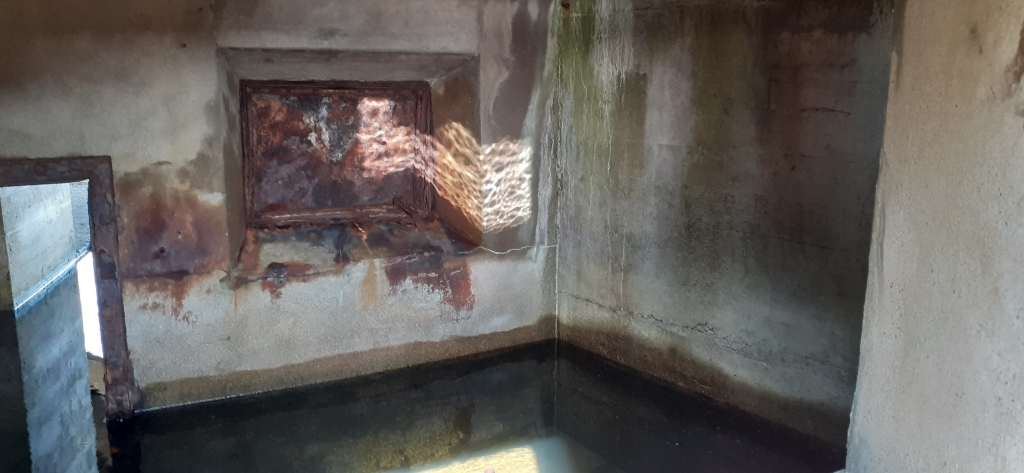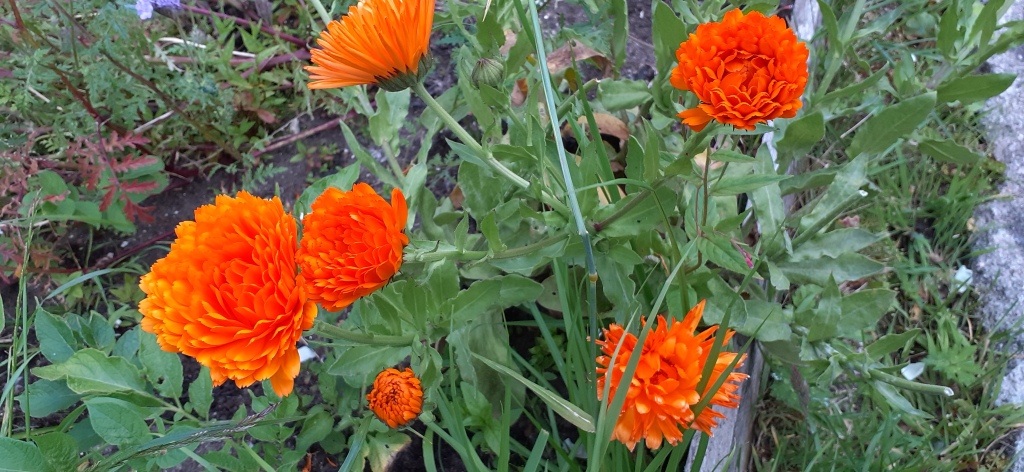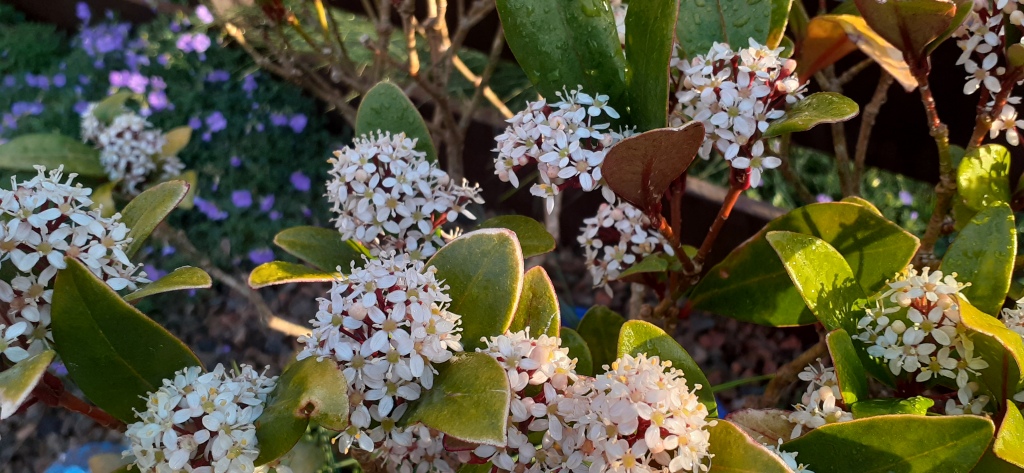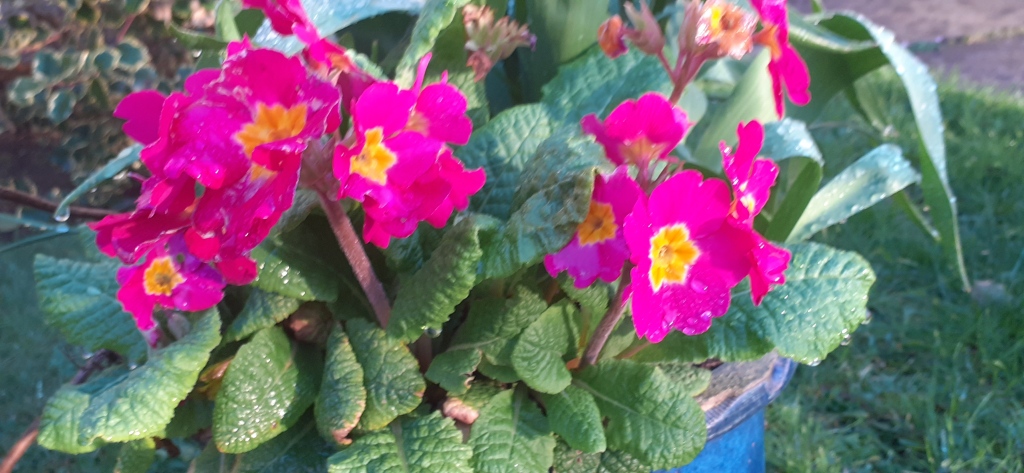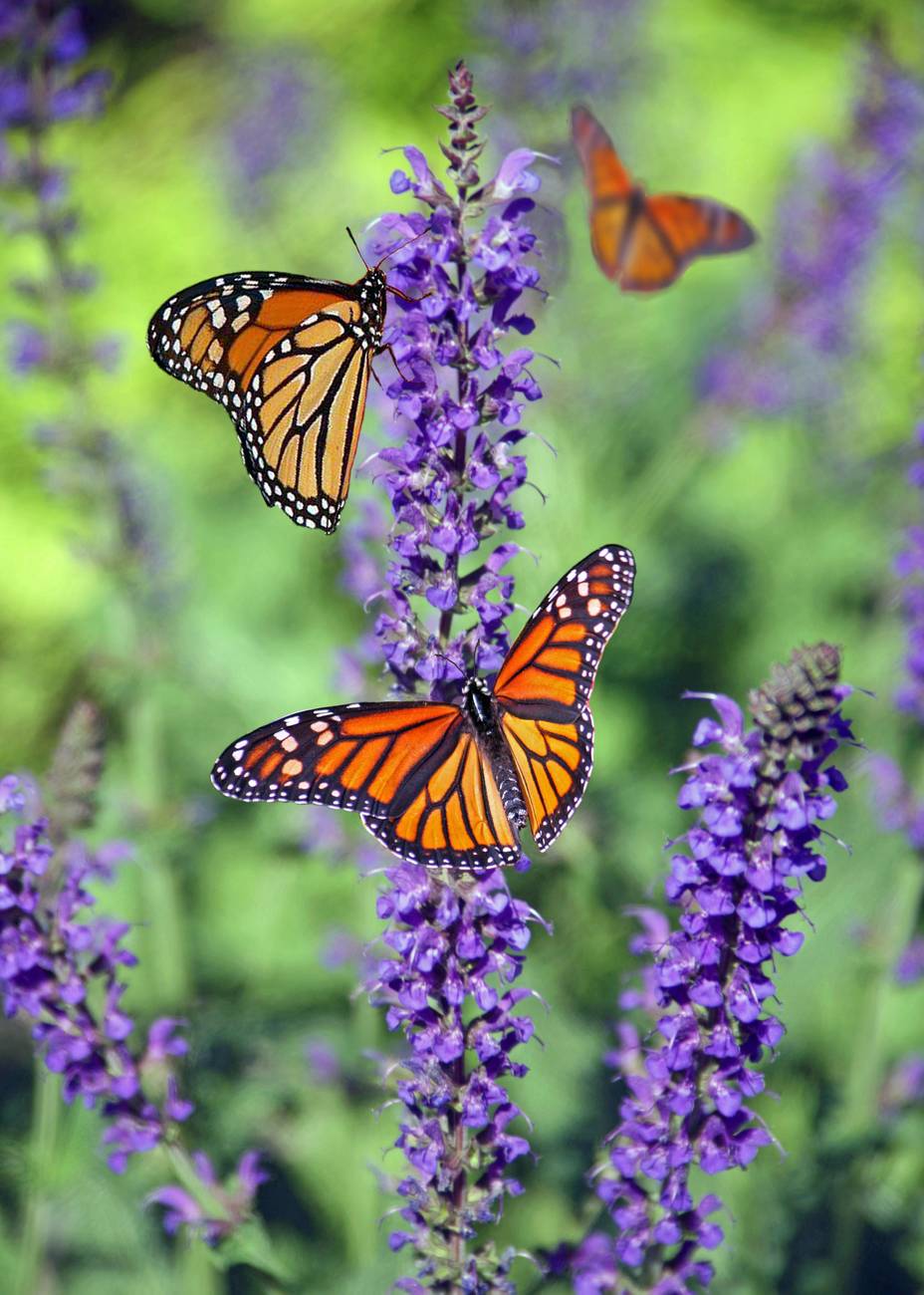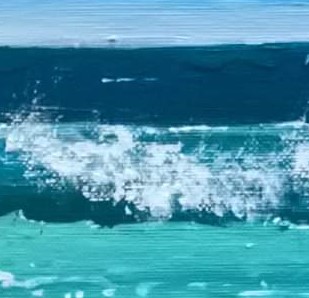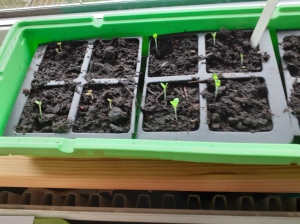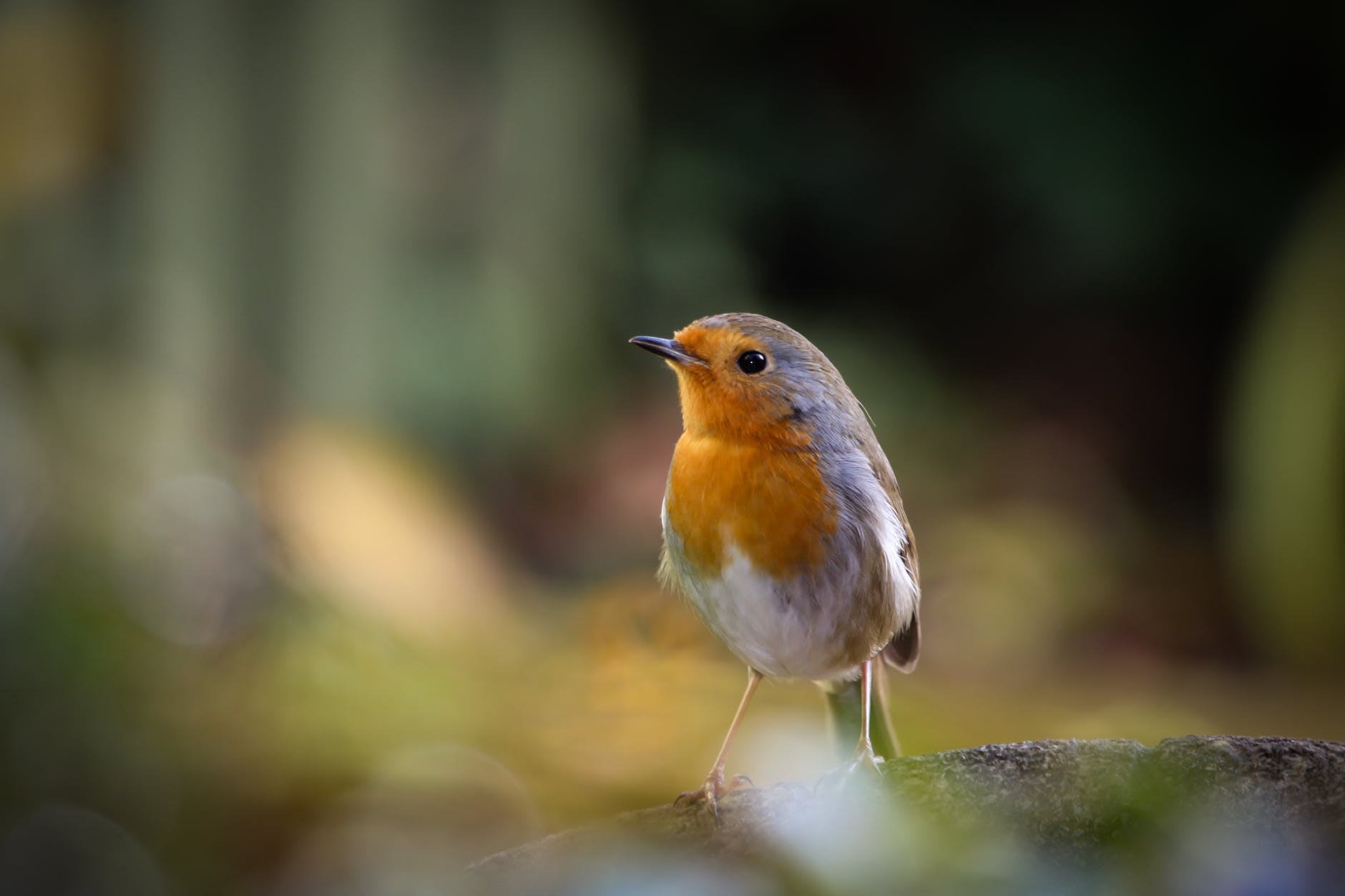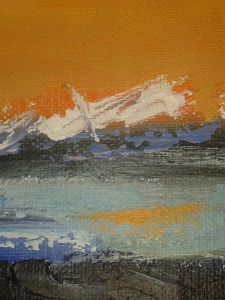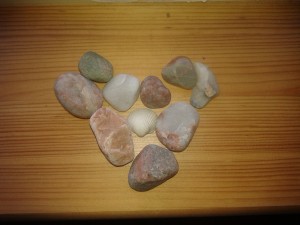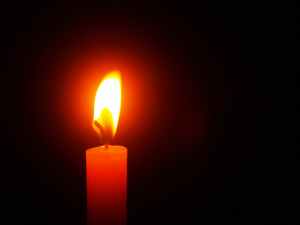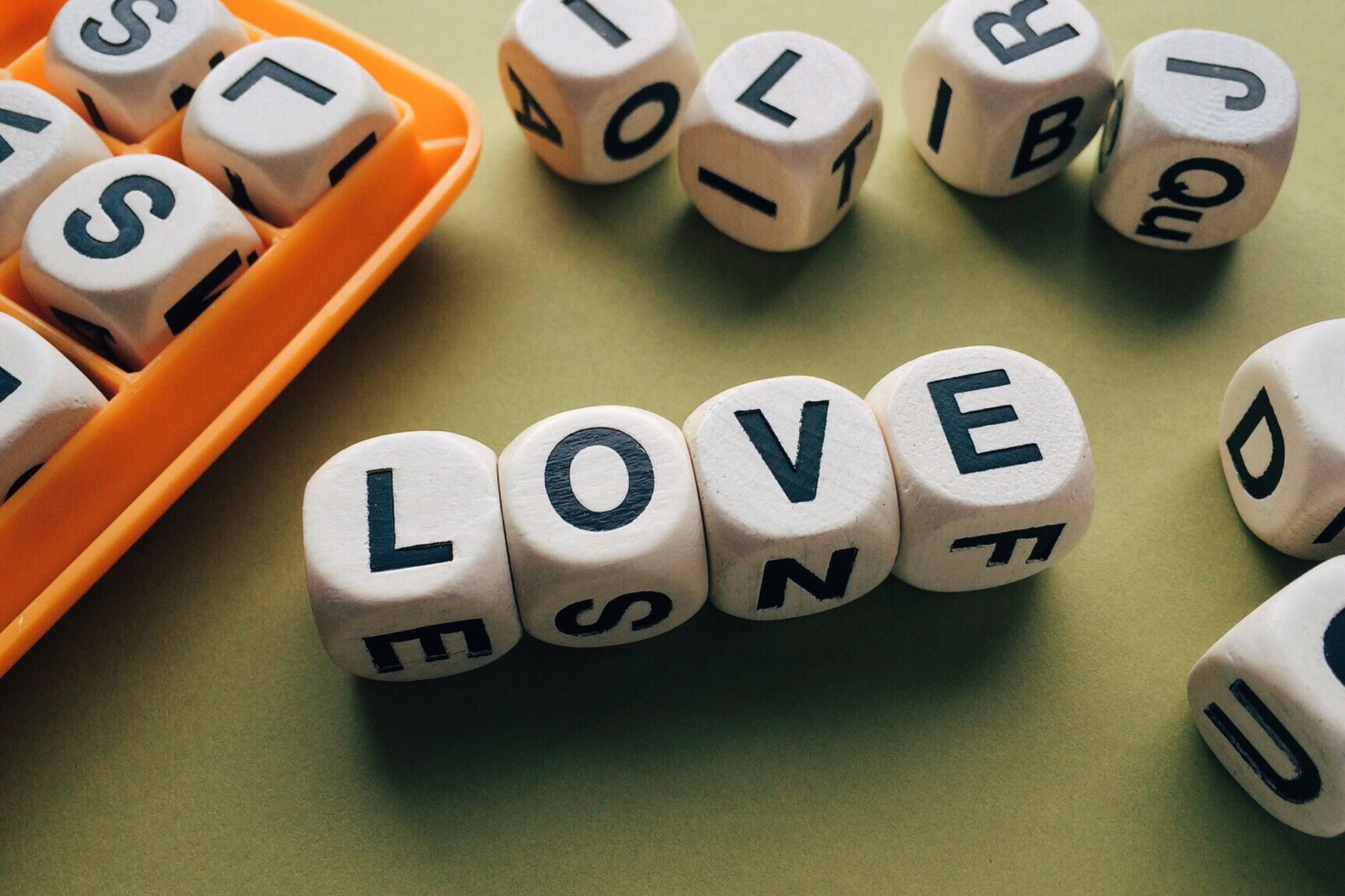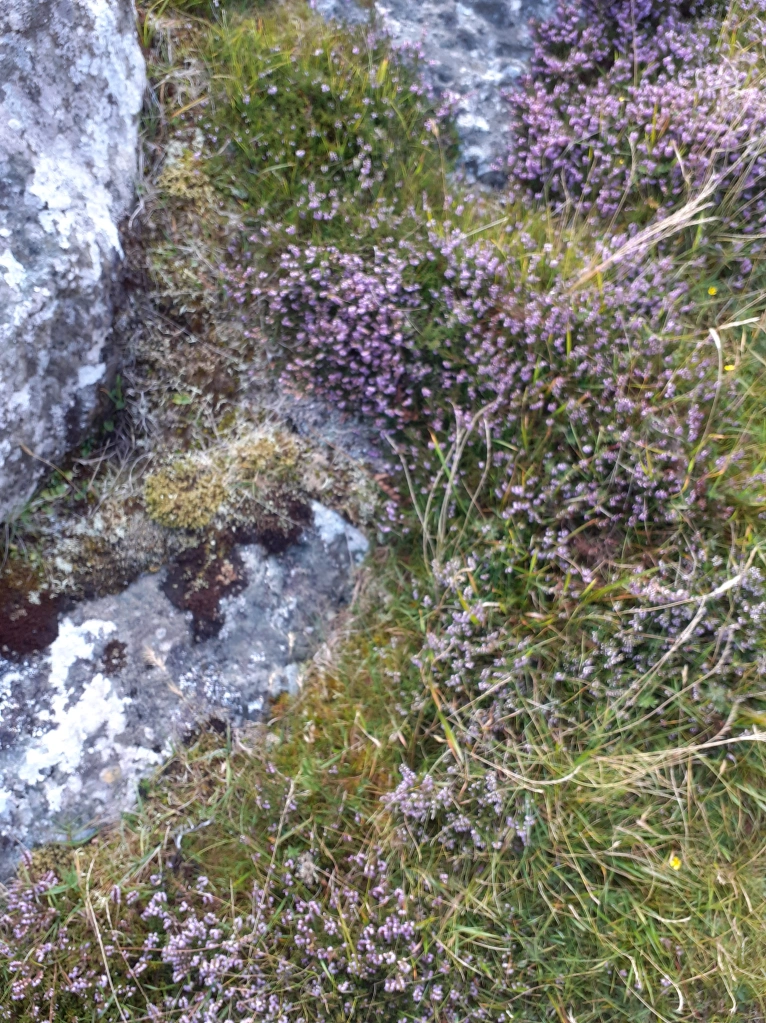
What even are tares? I had to look this up and found out that tares or darnel look very like wheat seeds but are actually poisonous.
Recently I was thinking about this parable while mulling over a decision I made a number of years ago when I could not see a way forward with one of my children and asked a good friend to help. What I asked of my friend was quite a big ask but I really at that point did not see what else I could do.
My friend said yes. Everything seemed to go well at the start, but then my friend had unforeseen stresses and responsibilities in her own life and had to bail out. I completely understood why and looked for someone else. In the end we got help from strangers which wasn’t easy, but it worked out.
All’s well that ends well, you might say, but it’s quite so simple. My asking something of my friend just before what was to turn out to be a difficult period in her life, has affected our friendship although I will always be grateful to her for being willing to try. Good has come out of this, but people were also hurt on all sides and these effects don’t go away even if you forgive each other.
I’ve been turning this situation over in my mind and thinking, what else could I have done, what should I have done? If I had known what my friend was going to go through, I would never have asked her to help us and if she had known, I’m quite sure she would not have said ‘Yes’.
Hindsight is a great thing and yet even with hindsight nothing is clear. I still don’t see that there were a lot of other options at the time, and much good eventually came out of this even if there was also hurt on all sides.
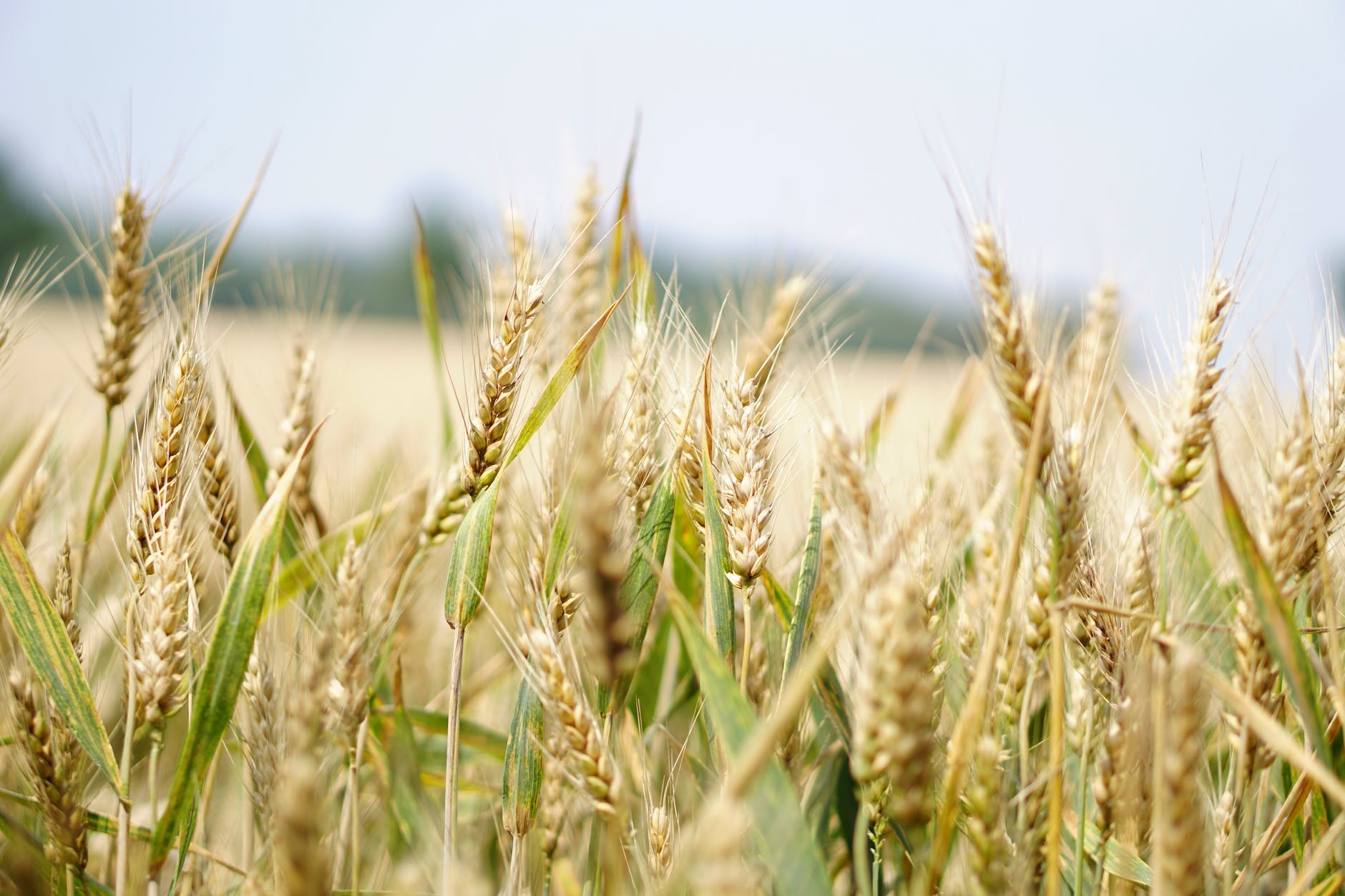
I was mulling over this for several days, wondering what I should have done, and also, since I am only human, trying to apportion blame or exonerate, when the parable of the wheat and the tares came up in the daily reading. I have never understood this parable and have always found the image of the tares being taken into the furnace and burnt very frightening. I was brought up on hell, fire and judgement sermons and this parable has usually triggered fear and painful memories.
This time, however, as I listened to the parable on the Jesuit Pray as You Go App, it seemed to say something different. It seemed that Christ was saying that because I am an imperfect person in a flawed world, there will always be wheat and tares in every situation. Nothing is pure and unadulterated and to seek or expect perfection is to chase a mirage.
And yet, is there another side to this? Is it possible that everything can be redeemed? Is the parable of the tares telling us that at the end of time all that is imperfect and painful in a situation or relationship will be gathered up and burnt away leaving only the pure gold of love?
I don’t know and am hardly able to even imagine how the pain in this and other situations which I perceive as difficult could be burnt away, and yet I recognise that even where I have hurt others or where I feel that they have let me down or hurt me, there is still, under all the layers of blame and counter-blame, love.
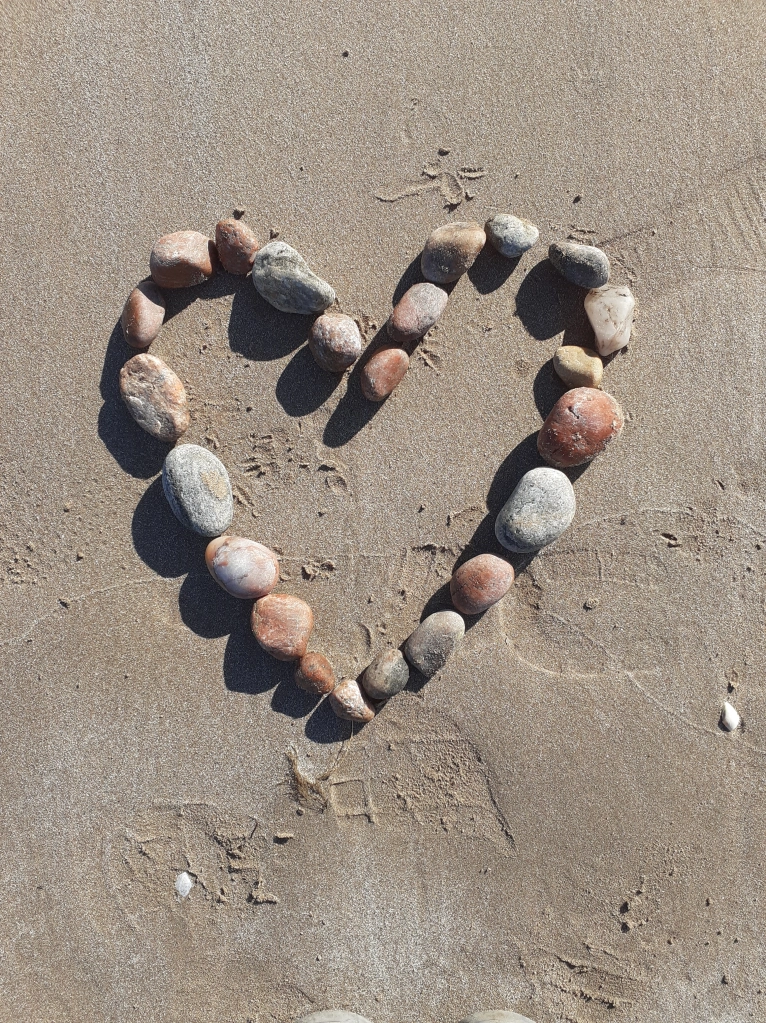
Another thing I have been struggling with recently is suicide bereavement. It seems that this type of bereavement is like a burn which is shocking and sharply painful when it happens, and which can burn deeper and deeper into the skin as time goes on. The initial shock and grief of bereavement is long over, but I am still becoming aware of the ongoing and deep effects of this type of wound.
There has been a physical effect. In the four years since my sister took her life, many members of my family, including myself, have developed chronic health conditions.
There is a mental effect. I have struggled with numbness and sometimes still feel that I am fumbling through life half-frozen. There are days when I find it difficult to focus on anything. There are still times when I feel caught in that awful moment when my sister was dying. My anxiety can be high. The worst in a sense has happened. Who is to say it won’t happen again?
There is a spiritual effect. This is harder to reckon or describe. My best attempt is to say that it’s not so much that I have no hope, but that it’s hard to feel any hope.
All this has been brought to the fore by my nephew, my sister’s son, being hospitalised because of his own struggles with mental illness. It’s hard for us to have hope. We only see our helplessness, our inability, despite our love for his mother, to prevent a tragedy. We no longer have hope in ourselves. Institutions like the government and the NHS have let us down. What grounds do we have for hope?
Going beyond my own feelings, I recognise that my family’s suffering is by no means unique. There are many apparently hopeless situations in this world from other families bereaved in tragic circumstances to complex, political and human messes, like the situation in Palestine. I hope, even though there is, from a purely human point of view, no reason to hope. You could say that hope is illogical, but I choose it. I choose to acknowledge my smallness, do the little things I can do, and hand the rest over to God.
Perhaps even in this situation, which seems to be all tares, there are a few stalks of wheat growing. Recently I saw a tree growing in the cleft of a rock. It was growing in a harsh environment but it was still there. Is hope like that?
For those reading this blog post, please say a prayer for my nephew. Even if you are not sure you believe in prayer, please send some thoughts of love and hope. Thank you.
